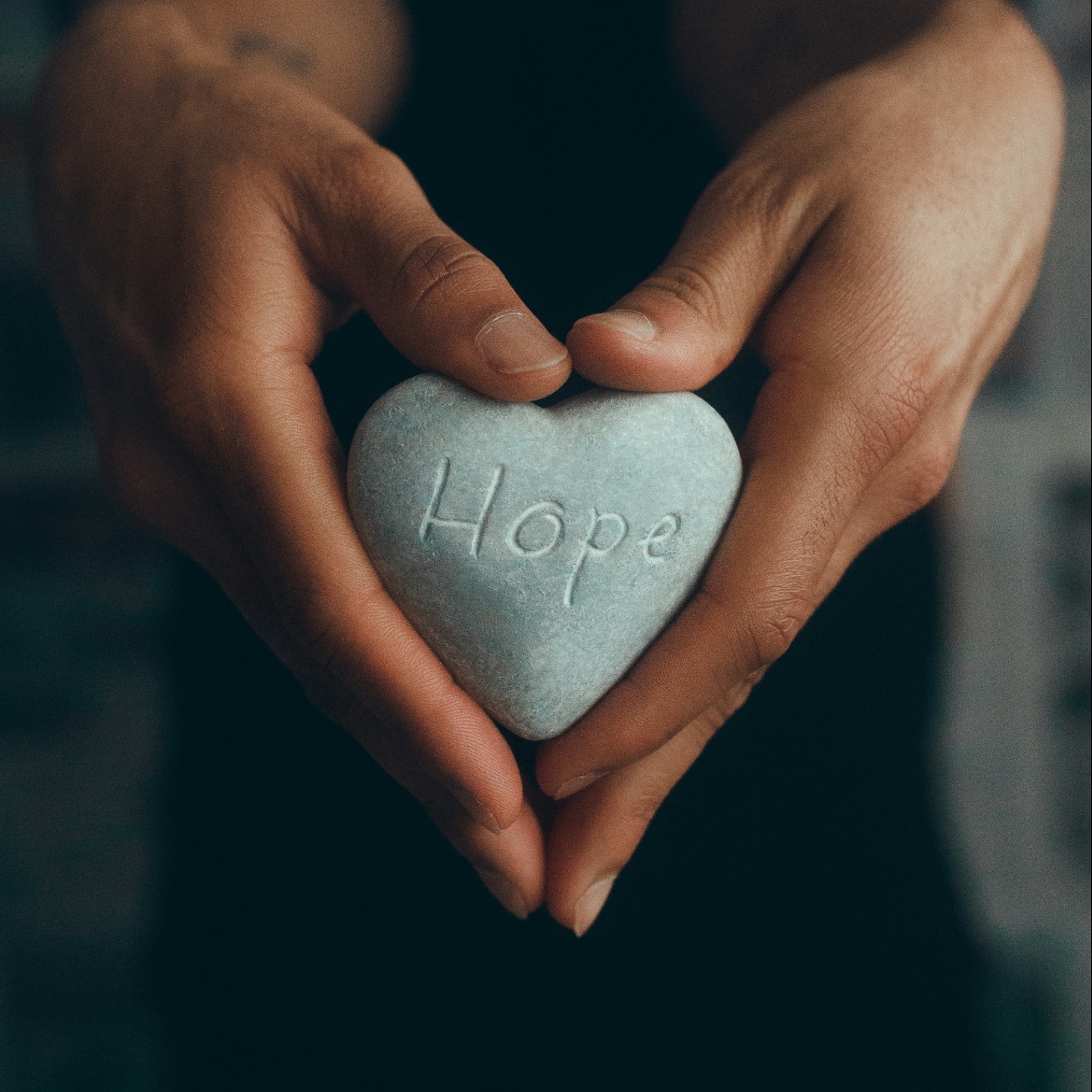You are not alone
We all experience trauma in our lifetime either through a serious accident, the loss of a loved one, or through our interpersonal relationships. Trauma is a common experience. You are not alone. Rachel helps individuals acknowledge their trauma, process the feelings and behaviors associated with the trauma, and develop the meaning and wisdom needed to heal often leading to a deeper connection to ourselves and to others.
Childhood Trauma
Early childhood trauma can have a profound impact on brain development leading to neurological differences in emotional regulation, impulse control, attachment, and cognitive and physical development. This is very common in children who have been adopted and/or in the foster care system. These persistent symptoms can be difficult to understand as the child/adolescent gets older contributing to misdiagnosis. Rachel was trained by the Child Trauma Academy in the Neurosequential Model of Therapeutics. This model views trauma through the neurobiological lens of the sequential brain growth starting in utero to present. Rachel uses this framework to understand and treat trauma resulting in targeted interventions that can be useful in the home, school, and community settings creating the greatest opportunity for therapeutic benefit and healing. She also recognizes the impact on families and provides parent education, coaching, and emotional support.
Trauma and Autism
Autistic/neurodiverse individuals experience the world in different ways. Differences in social understanding, sensory perception, and thinking patterns can sensitize them to trauma. This means that an experience that may not seem traumatic to a neurotypical person, can be traumatic to someone who is autistic/neurodiverse leaving them feeling misunderstood, invalidated, and alone. Rachel helps to find the origins of trauma experiences and develop skills, coping strategies, and healing narratives that lead to resilience.

